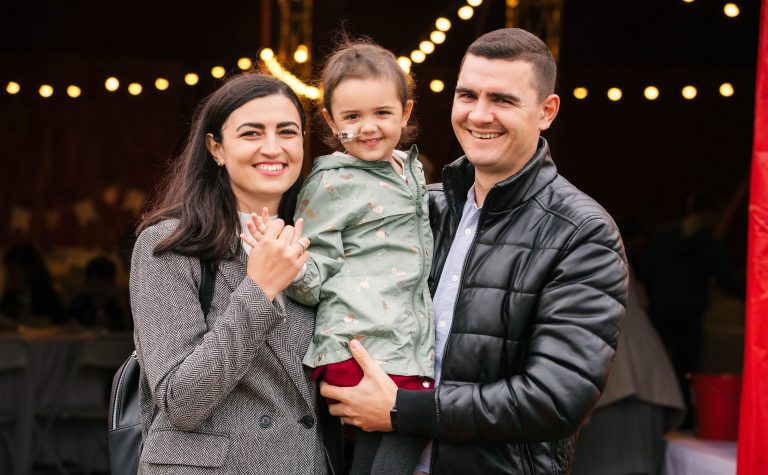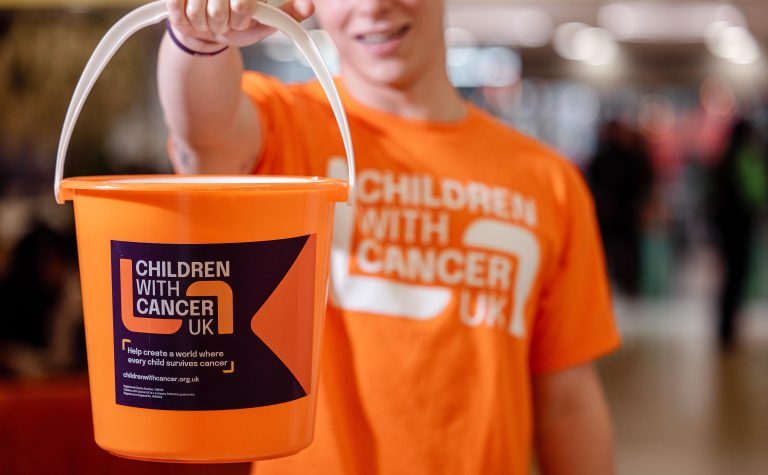
Share your story
Have you been impacted by childhood cancer and want to share your story? We share stories of childhood cancer experiences to spread awareness all year round, not just for World Cancer Day. Submit your story here.
Share your story
Fundraise
Help us create a world where no child dies of cancer by raising money for life-saving childhood cancer research. However you choose to do it, we'll help you every step of the way. Take a look at a few different fundraising options here.
Find out more
Make a donation
It's only with your support that we can continue to invest in life-saving childhood cancer research so that more children like Archer can survive their treatment. This World Cancer Day, make a donation here.
Make a donation